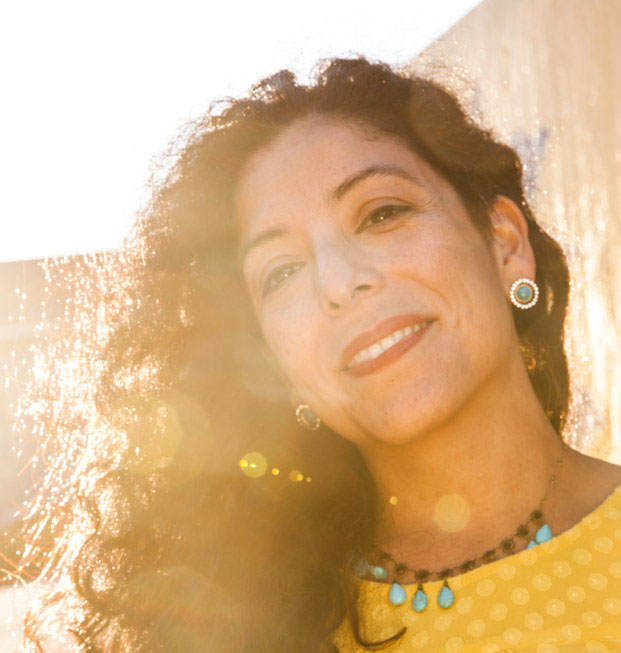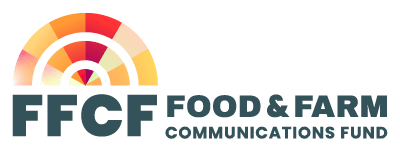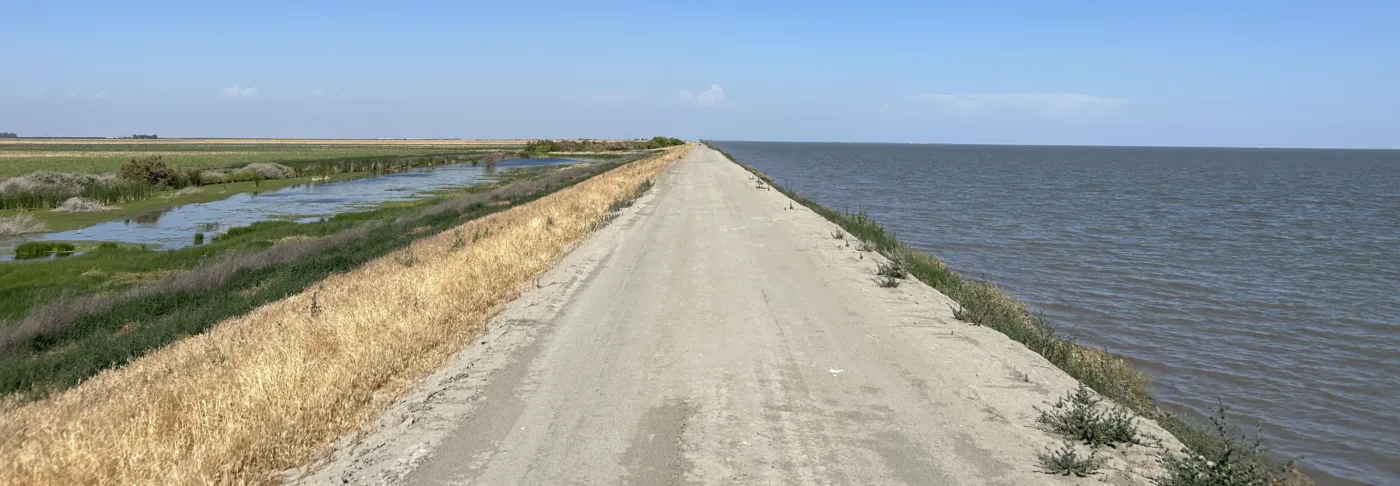Last year, I spoke with a well established and highly respected journalist who offered me a prestigious partnership to bridge community voices in efforts to reach greater platforms and decision making spaces. They proposed having White mainstream journalists “translate” BIPOC frontline narratives to be more palatable to a broader audience. I asserted that our communities are seeking to speak for ourselves. In fact, this is a central tenet at FFCF: stories and media platforms for, by, and about frontline communities. This was also a driving factor when a UK exhibit on the culture, industry, and global impact of milk invited me to write a commissioned piece. Specifically, they invited me to write about how the industrial dairy practices brought with colonization impacted our Indigenous communities and physical geography in the United States.
At the turn of the 20th century, my family migrated from Teocaltiche in Los Altos de Jalisco to Kings and Tulare counties, the center of dairy production in California. So, I am very familiar with the long-term and daily impacts of dairy farming in the Central Valley of California. As an Indigenous person, I am also attuned to my relatives across the Americas. California’s San Joaquin Valley and the western foothills of the Sierra Nevada south of the Fresno River have been home to, and stewarded by, the Yokut for well over 10,000 years.
In my work, I have met several Yokut elders who focus their time and energy on preserving their communities’ culture, health and gathering and weaving practices. This is incredibly important work as most published accounts of the Yokut refer to them in the past tense and start their story at the arrival of white colonizers. Across Native communities, this constant attempt at erasure is a shared pain.
While I felt honored and excited for the opportunity to share an important story to a broad readership, it was a greater priority for a Yokut relative to tell their story directly. And…finding someone interested and willing to write such a specific piece in the needed timeframe with the partner offering the opportunity is its own work. It requires approaching that time and effort as another important investment into the communities we serve.
My initial contacts were unavailable. Determined to find a way, I scoured publications at the local universities and found in the Undergraduate Historical Journal of UC Merced an article titled, “Native American Resilience: The Tachi Yokut Tribe and the Preservation of Tribal History and Tradition.” Author Cecilia Moreno ended her article with the powerful statement,
“…there is a new age of Native American researchers who are trying to save and preserve traditions and history...I advocate alongside this diverse new generation of scholars that advocates against indigenous erasure of rich Native American traditions from our collective historical memory.”
Searching for more of Cecilia’s work led me to the rural town of Madera, CA for the event, Salt of The Earth, hosted by Pan Valley Institute, where Cecilia co-presented on Revitalization and Revolution: Art as a Vehicle for Social Change. I attended the incredible three-day event where I respectfully approached Cecilia to share the opportunity. With contact information freshly exchanged, I headed home to make the connection to the journalist and media maker, Ana Sulan Masing, who curated the writing featured in the exhibit, Milk.
It was with great joy that we recently shared Cecilia’s piece discussing how the dairy industry altered the geography of Tulare County. We have been funding partners, such as Milk with Dignity, whose work enforces labor and housing standards on dairy farms and creates a sustainable and equitable dairy industry. So for us, this was another way to facilitate movement building on this issue.
With the ready voice of a growing generation of Native scholars, writers and media makers, it is our obligation to ensure we are not gatekeeping the resources and opportunities we have access to but rather clearing a path for those we serve. We’d like to thank Cecilia Moreno for sharing her story in, “How Californian dairy farmers stole a way of life,” with such vulnerability and vigor, and thank Ana Sulan Masing for providing this platform.
*Featured image of reappearing Lake Tulare. Photo Credit: Janaki Anagha
About This Series: Over the last three years, Food & Farm Communications Fund has shifted its role and practices to center movement partnership. We onboarded staff and sought out advisors who are practitioners in movement building, community organizing and participatory processes. We have found many ways to strengthen, amplify and resource the work of our grantee partners. We came to understand that being true movement partners extends beyond organizing within an insular group of grantees. Philanthropy has a great opportunity to build a path as movement partners to leverage resources that support frontline leaders. This series will explore funder practices that can build stronger community relationships and highlight the relevance of a funder’s role in movement work.


